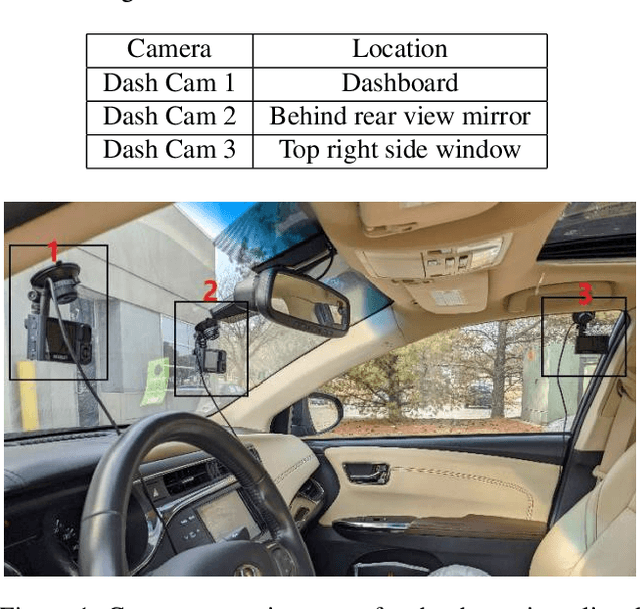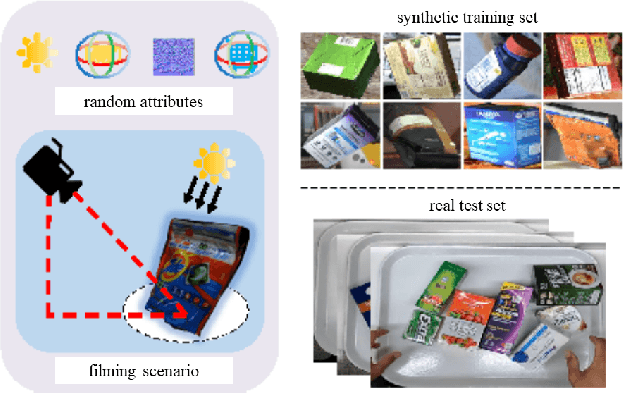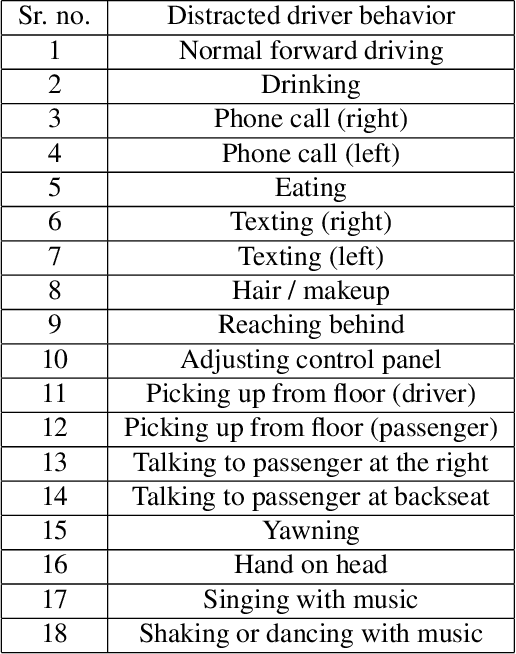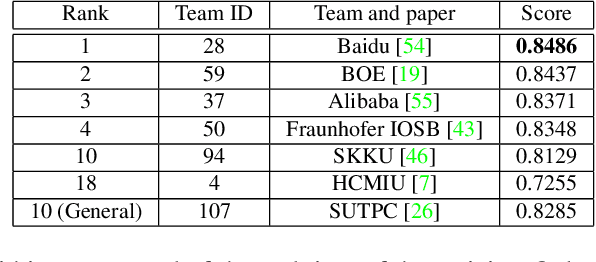Shangru Li
3D-Generalist: Self-Improving Vision-Language-Action Models for Crafting 3D Worlds
Jul 09, 2025Abstract:Despite large-scale pretraining endowing models with language and vision reasoning capabilities, improving their spatial reasoning capability remains challenging due to the lack of data grounded in the 3D world. While it is possible for humans to manually create immersive and interactive worlds through 3D graphics, as seen in applications such as VR, gaming, and robotics, this process remains highly labor-intensive. In this paper, we propose a scalable method for generating high-quality 3D environments that can serve as training data for foundation models. We recast 3D environment building as a sequential decision-making problem, employing Vision-Language-Models (VLMs) as policies that output actions to jointly craft a 3D environment's layout, materials, lighting, and assets. Our proposed framework, 3D-Generalist, trains VLMs to generate more prompt-aligned 3D environments via self-improvement fine-tuning. We demonstrate the effectiveness of 3D-Generalist and the proposed training strategy in generating simulation-ready 3D environments. Furthermore, we demonstrate its quality and scalability in synthetic data generation by pretraining a vision foundation model on the generated data. After fine-tuning the pre-trained model on downstream tasks, we show that it surpasses models pre-trained on meticulously human-crafted synthetic data and approaches results achieved with real data orders of magnitude larger.
The 7th AI City Challenge
Apr 15, 2023



Abstract:The AI City Challenge's seventh edition emphasizes two domains at the intersection of computer vision and artificial intelligence - retail business and Intelligent Traffic Systems (ITS) - that have considerable untapped potential. The 2023 challenge had five tracks, which drew a record-breaking number of participation requests from 508 teams across 46 countries. Track 1 was a brand new track that focused on multi-target multi-camera (MTMC) people tracking, where teams trained and evaluated using both real and highly realistic synthetic data. Track 2 centered around natural-language-based vehicle track retrieval. Track 3 required teams to classify driver actions in naturalistic driving analysis. Track 4 aimed to develop an automated checkout system for retail stores using a single view camera. Track 5, another new addition, tasked teams with detecting violations of the helmet rule for motorcyclists. Two leader boards were released for submissions based on different methods: a public leader board for the contest where external private data wasn't allowed and a general leader board for all results submitted. The participating teams' top performances established strong baselines and even outperformed the state-of-the-art in the proposed challenge tracks.
The 6th AI City Challenge
Apr 21, 2022



Abstract:The 6th edition of the AI City Challenge specifically focuses on problems in two domains where there is tremendous unlocked potential at the intersection of computer vision and artificial intelligence: Intelligent Traffic Systems (ITS), and brick and mortar retail businesses. The four challenge tracks of the 2022 AI City Challenge received participation requests from 254 teams across 27 countries. Track 1 addressed city-scale multi-target multi-camera (MTMC) vehicle tracking. Track 2 addressed natural-language-based vehicle track retrieval. Track 3 was a brand new track for naturalistic driving analysis, where the data were captured by several cameras mounted inside the vehicle focusing on driver safety, and the task was to classify driver actions. Track 4 was another new track aiming to achieve retail store automated checkout using only a single view camera. We released two leader boards for submissions based on different methods, including a public leader board for the contest, where no use of external data is allowed, and a general leader board for all submitted results. The top performance of participating teams established strong baselines and even outperformed the state-of-the-art in the proposed challenge tracks.
 Add to Chrome
Add to Chrome Add to Firefox
Add to Firefox Add to Edge
Add to Edge